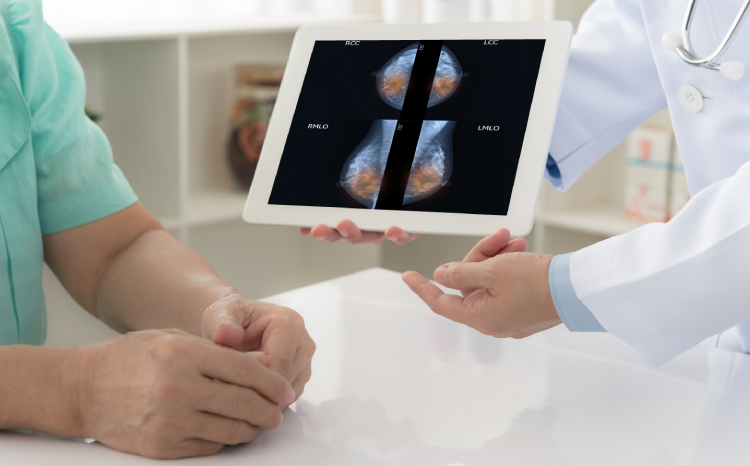ID cards may become healthcare ‘entitlement’ cards
- 22 December 2004
The National Programme for IT has begun initial conversations with the Home Office to examine how the IT infrastructure being put in place in the NHS can be made compatible with national ID cards, production of which may eventually determine a patient’s ‘entitlement’ to receive free healthcare services.
The ID card bill introduced in the House of Commons this week makes clear that the provision of ‘public services’ may become dependent on the production of a valid identity card. Providing a mechanism to prove entitlement to public services, together with countering terrorist threats, is cited as one of the reasons for the introduction of the national ID card scheme.
Although the draft bill does not introduce compulsory registration, it does pave the way for the Home Secretary to issue orders to register for the card or face penalties of up to £2,500.
The bill is worded so that, although free public services such as health are initially excluded from this, anybody required in the future to register for an ID card by law – a sweeping new power that the Secretary of State would gain under the bill – would need to produce it to receive the free service.
Within the wording of the bill ‘public services’ is given a very broad definition: “the provision of any service to an individual by a public authority.” E-Health Insider has learned from the programme that preparation has begun. “There has been low level discussion with the Home Office on infrastructure the National Programme is putting in place for the NHS Care Records Service," said a programme spokesperson.
Although patient smart cards have not featured in the National Programme’s strategy they were promised in the key health service policy document NHS Plan, published in 2000. This set the goal of introducing smart cards to provide easier access for patients to health records. According to the plan, they will be introduced “when the necessary infrastructure has been put in place and we have fully evaluated technical feasibility and effectiveness."
An NPfIT said there were “no plans to issue patient ID cards from within the National Programme” but did not rule out working with government-issued cards: “If the Government introduces ID cards that prove eligibility for NHS services the Programme will need to ensure that NHS organisations are provided with the means of reading these cards."
In theory this should not be particularly technically difficult as the national programme already requires the introduction of smart cards to authenticate the identity of NHS staff to enable them to log on to computer systems and access patient records. This will require at least basic smart card readers to become ubiquitous across the health service over the next few years.
In a 14 December written answer to David Davis, shadow Home Secretary, John Hutton, Health Minister said that the introduction of ID cards may bring benefits to the NHS: "We anticipate that ID cards will make the existing eligibility checks easier for staff and more robust. We therefore expect extra income from charging chargeable patients, reduced inappropriate use of free NHS services and efficiency gains from quicker processing of patients.
“This will also bring benefits to patients, as they will be able to demonstrate their eligibility speedily through showing their identity card."
James Johnson, chair of the BMA, said that the organisation was not opposed to the principle of an identity cards scheme. However, there were risks: “If ID cards are eventually linked to access to health services there is a risk of vulnerable groups, such as the homeless, the elderly, and asylum-seekers, being denied essential treatment. Safeguards must be in place to ensure this does not happen."
Home Office minister Hazel Blears told Bloomberg TV that ID cards would indeed be used to gauge entitlement to healthcare. “We want to make sure that only the people who’re entitled to use our public services like the National Health Service, making sure that people who contribute to it can use it and those who don’t, can’t,” said Blears. “So, where it is necessary, then we will have to have the technology in place to read the cards."
The Department of Health has been investigating ways of checking entitlement to primary care, and consulting about the possible introduction of charging for those who do not qualify for free care.
In its consultation on the subject in May of this year, the possibility of using ID cards to check eligibility was put forward for comment.
No provision has been made in the bill for the cards or the ID card register itself to contain any medical records or data, although it has been acknowledged that such data could be contained on the record voluntarily.
In reply to the Home Affairs Committee investigating the bill, the Home Office said that “medical information would only be stored on the National Identity Register on a voluntary basis. In no sense would it be a substitute for the NHS Care Records Service."
The Home Office gave assurances that they would look into the use of ID cards for access to the NHS CRS, and said: “There would be no question of other users of the register, such as the police, being allowed routine access to medical records."
In June, the EHIC (European Health Insurance Card) scheme started in the EU as an eventual replacement for the E111 forms to prove right of access to European health services. While the cards initially do not contain data, they do allow access to a central server of information containing name, address and next-of-kin details. The cards, which are voluntary, are meant to be rolled out in the UK at the end of 2005.
Links
ID Cards Bill page on Home Office website




